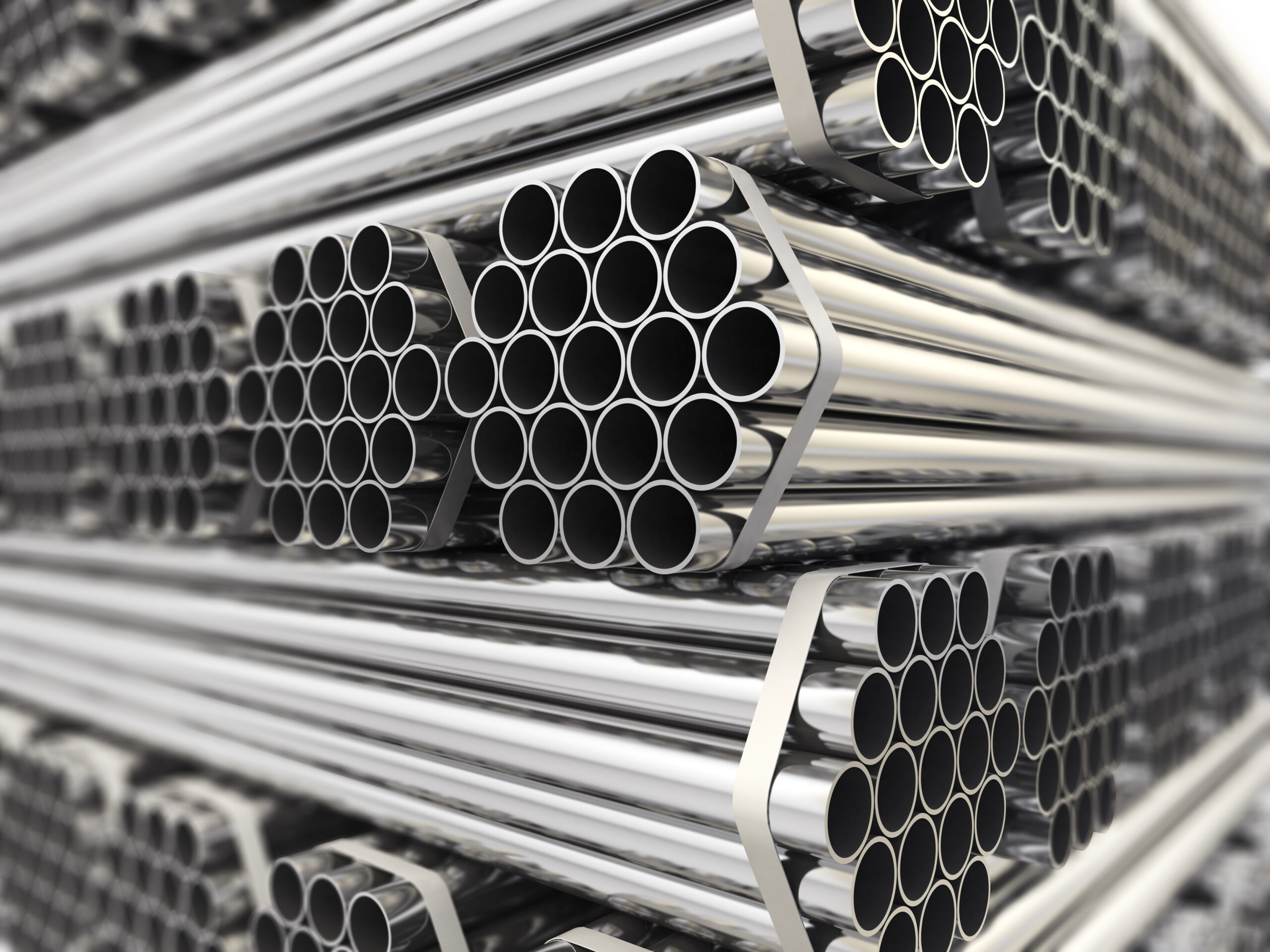When it comes to construction, automotive manufacturing, and DIY projects, choosing the right material is crucial for the success of your work. Among the many materials available, aluminum round tubing stands out due to its versatility, durability, and unique combination of properties that make it suitable for a wide range of applications. Whether you’re looking for something that is lightweight, corrosion-resistant, or easy to work with, aluminum tubing is often the material of choice.
In this comprehensive guide, we’ll explore the ins and outs of aluminum round tubing, from its uses and strength to its comparison with other materials like steel. By the end, you’ll have a clear understanding of why aluminum metal tubing is so popular across industries and how you can make the most of it in your projects.
What is Aluminum Round Tubing?
Aluminum round tubing refers to a hollow cylindrical tube made from aluminum metal. Its round shape provides excellent resistance to torsion and bending, which makes it ideal for a wide array of structural and functional applications. What sets aluminum tubing apart from other materials is its lightweight nature combined with impressive durability and strength.
Unlike solid aluminum bars, aluminum round tubing offers an internal cavity that makes it both lighter and easier to handle while still maintaining high performance. Available in various aluminum tubing sizes, this material is used in numerous industries, ranging from automotive to construction.
Why Is Aluminum Round Tubing Used So Widely?
The unique properties of aluminum tubes make them useful in many fields. For example, it is highly resistant to corrosion, which means that it can withstand outdoor elements without rusting or weakening over time. This makes it an excellent material for projects that are exposed to the elements, such as outdoor furniture or railings. Additionally, its strength-to-weight ratio ensures that it can support heavy loads without adding unnecessary bulk.
Here are some common uses for aluminum round tubing:
- Automotive Industry – Aluminum tubing is often used in the manufacturing of vehicle frames and components because it can withstand stress without adding unnecessary weight to the vehicle.
- Construction – Scaffolding, railings, and temporary structures are frequently made from aluminum round tubing due to its lightweight and corrosion-resistant properties.
- Marine Applications – The ability of aluminum to resist corrosion makes it ideal for marine applications, including boat building and ship components.
- Furniture Manufacturing – Outdoor and indoor furniture often incorporate aluminum tubes for both their aesthetic appeal and structural strength.
- Home Improvement and DIY Projects – For hobbyists and DIY enthusiasts, aluminum tubing is easy to cut, shape, and weld, making it perfect for custom home improvement projects or even art installations.
Strength of Aluminum Round Tubing
While aluminum round tubing is not as strong as some materials like steel, it offers an excellent balance of strength and weight. For most applications, aluminum tubing provides more than enough strength, especially when you factor in its other benefits, such as corrosion resistance and ease of handling.
Aluminum tubing comes in different alloys, with some of the most popular being 6061 and 6063 aluminum. These alloys are known for their excellent mechanical properties, including tensile strength and yield strength. Moreover, aluminum tubing can be heat-treated to improve its strength without a significant increase in weight, making it ideal for projects where weight is a concern, such as in aerospace or transportation industries.
Aluminum vs. Steel: Which Is Stronger?
When it comes to comparing aluminum tubing and steel, many people wonder if aluminum can match the strength of steel. While it is true that steel has a higher tensile strength, aluminum tubes offer unique advantages that make them preferable in certain situations.
For one, aluminum tubing is about one-third the weight of steel. In applications where weight reduction is essential, such as in aviation or automotive manufacturing, aluminum round tubing allows for substantial weight savings without compromising too much on strength. Although aluminum may not be as strong as steel, it is more than capable of handling the rigors of most structural applications.
Moreover, aluminum tubing is far more corrosion-resistant than steel, which makes it the better choice for projects that are exposed to water, chemicals, or harsh weather conditions.
Aluminum Tubing vs. Aluminum Pipes: What’s the Difference?
While the terms aluminum tubes and aluminum pipes are often used interchangeably, there is a distinct difference between the two. Understanding these differences can help you choose the right material for your project.
- Aluminum tubes are typically used for structural purposes and are measured by their outside diameter and wall thickness. This precision in measurement is crucial for applications like construction or industrial machinery where exact dimensions are required.
- Aluminum pipes, on the other hand, are used for transporting fluids and are measured by their internal diameter. Pipes are designed to carry liquids or gases and are not commonly used in load-bearing applications.
Choosing between aluminum tubes and pipes depends on whether you need precision and strength (tubes) or the ability to transport fluids (pipes).
Why Aluminum Round Tubing is an Excellent Choice
In conclusion, aluminum round tubing is a highly versatile, durable, and lightweight material that is used in a wide range of industries, including automotive, construction, and marine. While it may not be as strong as steel, it makes up for this with its corrosion resistance, ease of use, and excellent strength-to-weight ratio. Whether you’re building a car frame, a set of outdoor furniture, or even a boat, aluminum tubing offers the strength, durability, and adaptability you need to complete your project successfully.
If you are looking for the best material for your next project, consider aluminum round tubing from Millennium Specialty Alloys. With its many advantages, it’s no wonder this material is widely used by both professionals and DIY enthusiasts alike.



